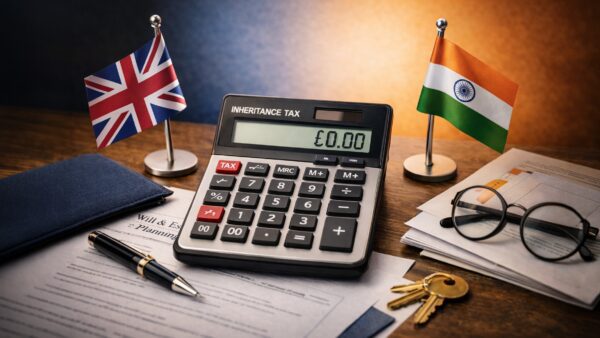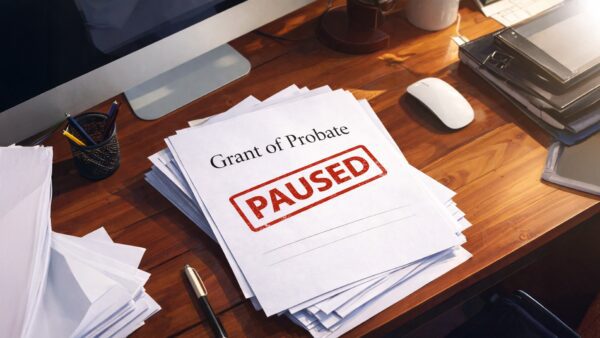What are the key steps in the conveyancing process?
Answer: The conveyancing process can be divided into five essential stages:
- Onboarding and Background Checks: We will conduct onboarding procedures, which include necessary background checks. This step involved verifying the source of funds, a legal requirement before proceeding with any property transaction.
- Contract and Title Review: Once background checks are clear, we will review the contract and title documents to ensure that there are no issues or discrepancies that could affect your purchase. We then report to you on the title and provide you with the related documents we have reviewed.
- Exchange of Contracts: This pivotal stage involves the formal exchange of contracts, at which point you will pay your deposit. Once contracts are exchanged, the agreement becomes legally binding, and both parties are committed to the transaction and a completion date is set for you to collect your keys.
- Completion: On completion day, ownership of the property officially transfers to you. You will pay the final balance to the seller, and you will receive the keys to your new home.
- Post-Completion: After completion, you will be responsible for paying any applicable Stamp Duty Land Tax. We will handle the submission of this tax and registration of your ownership with the Land Registry to ensure that your title is officially recorded in your name.
How long does the conveyancing process take?
Answer: The duration can vary based on several factors, such as the property type, any chain involved, and local authority processes. On average, it can take between 6 to 12 weeks, but it may be longer in complex situations.
What is the difference between freehold and leasehold properties?
Answer: A freehold property means you own the property and the land it stands on outright, giving you full control. In contrast, leasehold means you own the property for a specific period but not the land. You may need to pay ground rent and service charges. Leasehold property will generally have more restrictions. Our report to you will summarise relevant restrictions.
I am happy to proceed. What do you need from me to start the process?
Answer: To initiate the conveyancing process, we need the final terms of sale, often referred to as the sales memo, from your estate agent or the reservation form detailing the terms of your transaction. Once we receive this information, we will create your file and guide you through the initial steps, which will include you providing us with a copy of your passport, proof of address, and source of funds information.
Does your retainer include tax advice?
Answer: We will provide details of the Stamp Duty Land Tax that is payable. We have a dedicated Tax Team that can assist you with further specialist enquiries as may be necessary.
I have agreed an incentive with my seller. How does this work?
Answer: Any financial incentive will be deducted from the final balance due to the seller, and addressed in their completion statement. For example, if the seller has agreed to contribute to your legal fees, they will deduct that amount from the final balance we send to them.
Do you recommend I use a surveyor?
Answer: Yes, we strongly recommend using a surveyor, even when purchasing a new build property. A survey can identify defects or issues that need addressing before you finalise your purchase. You must arrange any survey before the exchange of contracts so that any findings can be raised with the seller, allowing for negotiations or repairs to be arranged as part of your transaction.
What are property searches, and why are they important?
Answer: Property searches are investigations conducted to uncover important information above the property and its surroundings, such as planning permissions, local authority issues, and environmental risks. These searches are crucial as they help identify potential problems that could affect your decision to proceed with the purchase. You don’t have to order searches if you are purchasing without a mortgage, but in most cases we would recommend them so you can have a more holistic view of the purchase and factors that may affect the property.
When should I apply for a mortgage?
Answer: You should check with your mortgage broker how long the mortgage process is likely to take. If you are buying a finished property, you must have your mortgage offer before you exchange contracts and commit to the purchase. If you are buying off-plan, it is advisable to speak with a mortgage broker early in the process to understand your options and get pre-approval before committing to the purchase.
What happens on completion day?
Answer: On completion day, the buyer’s solicitor transfers the final payment to the seller’s solicitor. On receipt of the funds, the seller’s solicitor dates the legal transfer, which has been signed by the seller, and contacts the selling agent to release the keys. You will usually be able to obtain the keys at about 1pm. The seller’s solicitor will send the transfer to the buyer’s solicitor, who will then deal with the land registration.
If you have any further questions, please contact our Residential Real Estate team.









